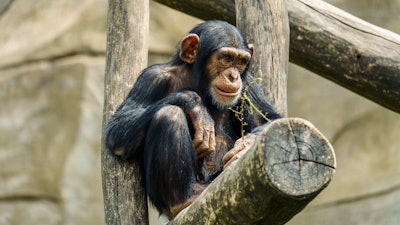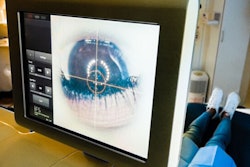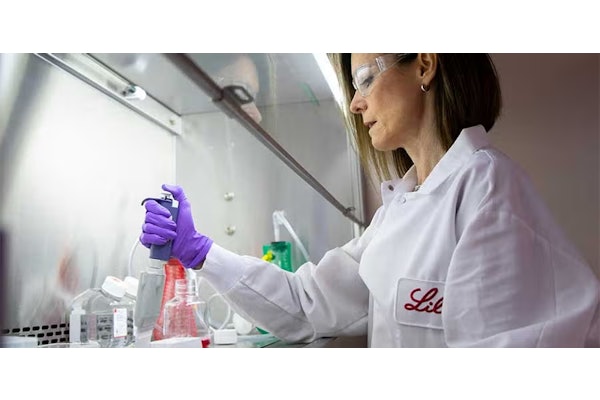According to a recent Gizmodo article, a study published in Nature Medicine revealed that gene therapy has shown promise in reducing alcohol cravings in macaque monkeys, potentially offering hope for treating alcohol use disorder (AUD). The therapy focuses on increasing dopamine production, which plays a role in the euphoric feeling associated with alcohol consumption. Researchers tested the therapy on monkeys that had developed an addiction to alcohol over a 12-month period.
The gene therapy involves inserting a gene that stimulates the production of the glial-derived neurotrophic factor protein, which enhances dopamine production. Monkeys in the test group that received the therapy reduced their alcohol consumption by 50% compared to the control group. Over the 12-month study, the test group's alcohol intake dropped by more than 90%. However, researchers noted that the therapy might have potential effects on other behaviors such as weight loss and water intake. The therapy's potential effectiveness for treating AUD is significant, but it's likely to be considered as a last resort treatment due to its limited accessibility and availability.






















